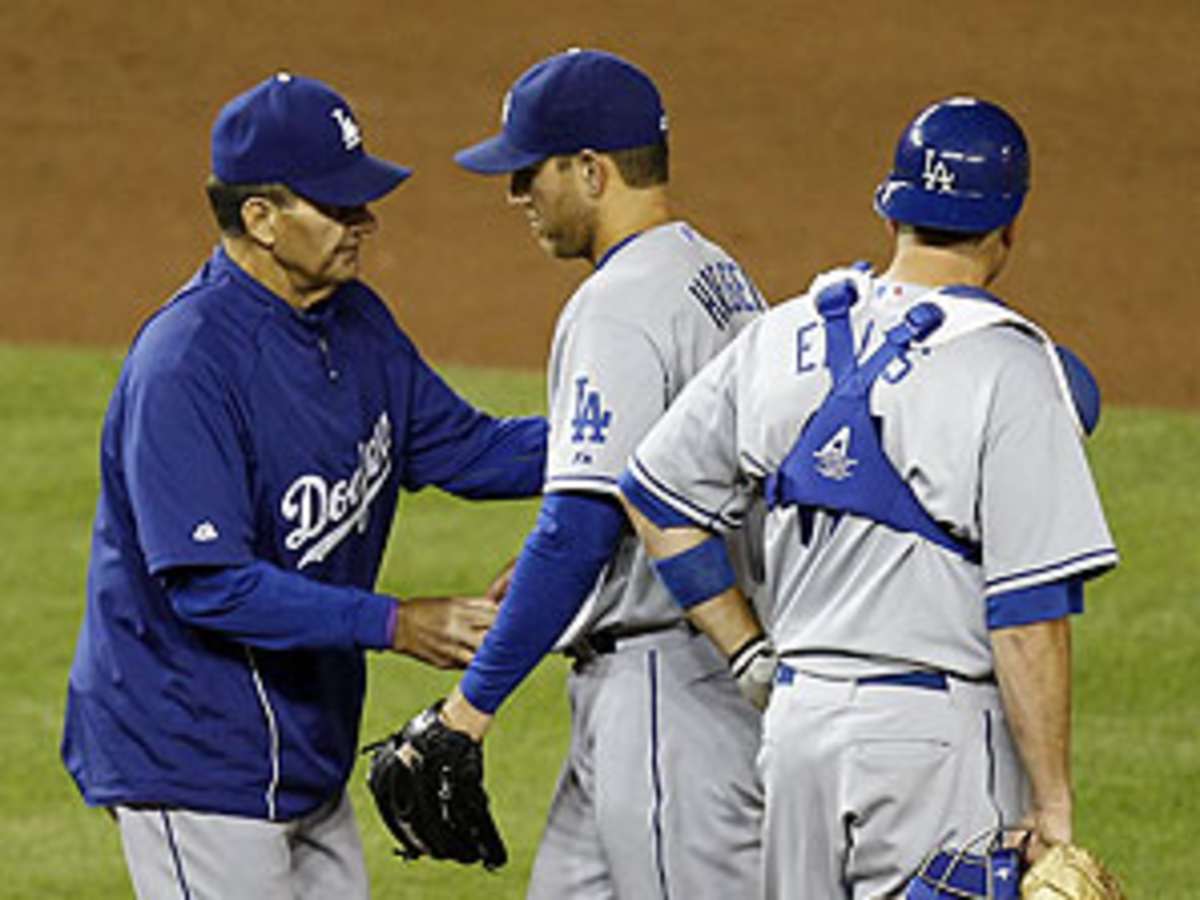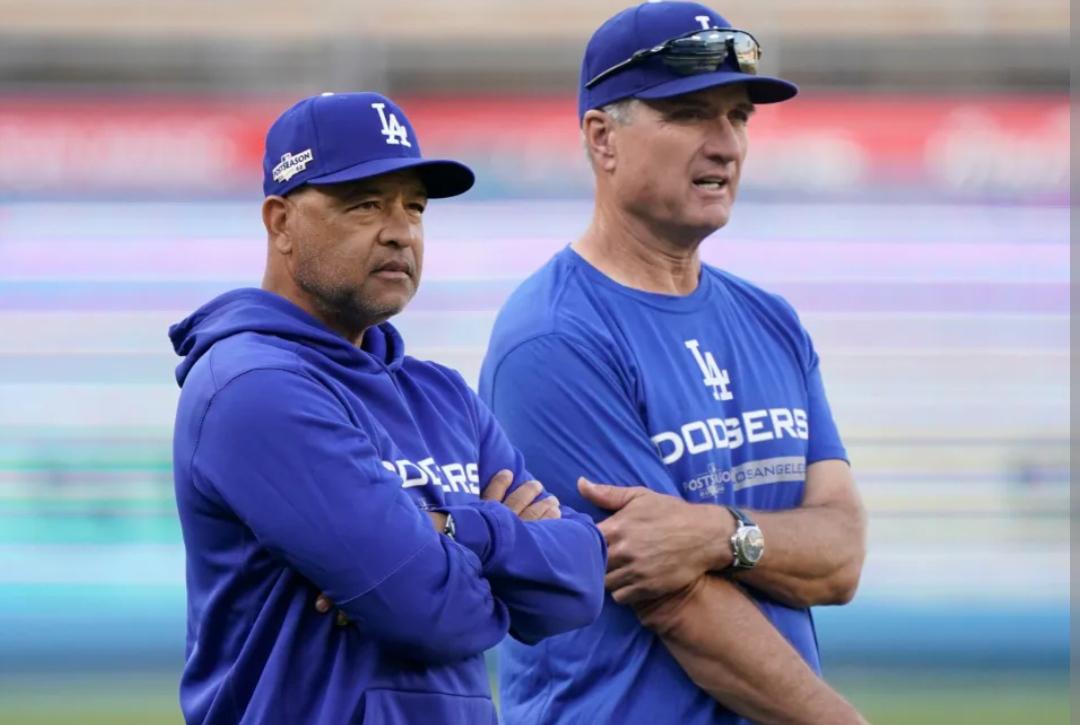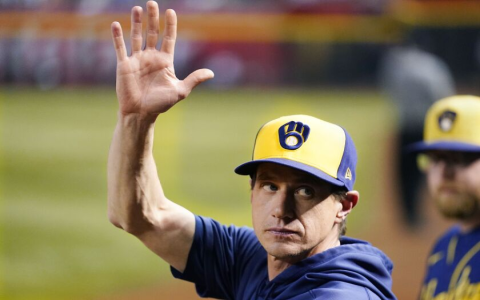Okay, here’s my blog post about what baseball managers do, written from my personal experience and in a casual, conversational tone:

So, I’ve been diving deep into baseball lately, not just watching the games, but really trying to understand the strategy behind it all. And that got me thinking, what exactly does a baseball manager do all day? I mean, it looks like they just stand around in the dugout, right? Turns out, there’s a lot more to it.
My Deep Dive into Baseball Management
First, I started by just watching a bunch of games, but this time I paid super close attention to the manager. I watched how often they visited the mound, when they made pitching changes, and how they positioned their fielders. It was kind of like trying to decode a secret language.
Then, I hit the internet. I read articles, watched interviews with former managers, and even found some old-school baseball strategy books online. My search history is probably 90% baseball stuff now!
Here’s what I figured out from my little investigation:
- Making the Lineup: This isn’t just throwing names on a card. Managers consider tons of stuff, like who’s hot, who’s not, who’s good against the opposing pitcher, and even the weather!
- In-Game Strategy: This is where things get really interesting. Managers decide when to bunt, when to steal, when to intentionally walk a batter, and a million other little things. It’s like a chess match, but with way more spitting.
- Pitching Changes: Knowing when to pull a pitcher is an art form. A manager has to read the pitcher’s body language, track their pitch count, and have a good sense of when they’re starting to lose it.
- Managing Personalities: This might be the biggest part of the job. Managers are dealing with a bunch of highly competitive, highly paid athletes. They have to keep everyone motivated, handle egos, and make sure the team is working * is like a big family.
- Working with Coaches: A manager isn’t a one-man show. They rely on their coaching staff for advice and * are pitching coaches, hitting coaches, bench coaches – it’s a whole team effort.
- Dealing with the Media: After every game, win or lose, the manager has to face the press. They have to answer tough questions, explain their decisions, and sometimes even take the blame for a loss.
After all this, I realized that being a baseball manager is way more complicated than I thought. It’s a mix of strategy, psychology, and probably a little bit of luck. They’re not just standing around – they’re constantly thinking, planning, and trying to give their team the best chance to win. I have a whole new respect for those guys in the dugout!

So my experiment is over now. I did learn a lot about the baseball managers’s * time I will try another topic!



